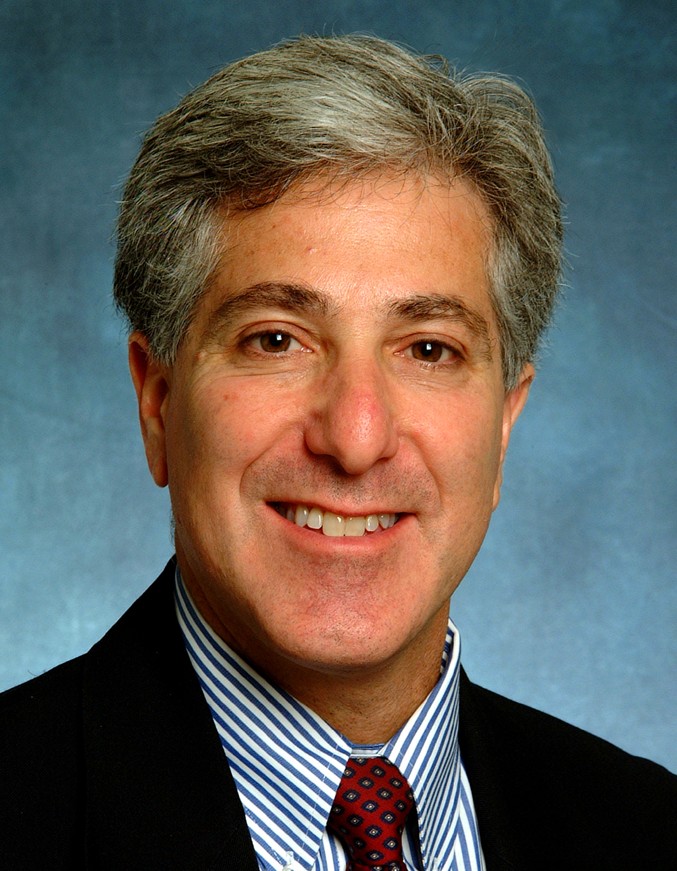The drugs now available to treat Alzheimer’s address the symptoms of the disease — memory problems — rather than the underlying mechanism of neurodegeneration.
But what if something could do both? Here’s a tantalizing prospect, hinted at by a long-running thread of brain research: compounds that boost the function of certain acetylcholine circuits in the brain might also modify production of toxic beta-amyloid protein.
Emory neurologists Allan Levey and Jim Lah and members of their laboratories have been working on this idea, together with Jeffrey Conn’s group at Vanderbilt, for several years.
The possibility grows out of the properties of certain receptors for the neurotransmitter acetylcholine, called “muscarinic acetylcholine receptors.” Acetylcholine is a major transmitter of signals in the brain, and there are several varieties of receptors, or receiver dishes for the signals, on brain cells.
Stimulating one particular type of receptor (termed M1 – there are five in this class alone) seems to steer the brain away from producing the toxic beta-amyloid peptides that tend to build up in Alzheimer’s. A paper recently published in the Journal of Neuroscience, with former Emory MD/PhD Albert (Gus) Davis as first author, reports the results of a key “proof of concept” experiment: genetically engineered mice lacking the M1 receptor produce more toxic beta-amyloid.
“Scientists have known for several decades that brain cells that rely on acetylcholine for their signaling are selectively vulnerable in Alzheimer’s disease, which explains the rationale for using drugs that boost the action of acetylcholine to treat the symptoms,” Davis says. “However, mounting evidence now indicates that stimulating acetylcholine receptors may not only help to ameliorate Alzheimer’s symptoms, but may also have a distinct disease-modifying effect as well.”
This result helps to clarify a long-standing hypothesis in Alzheimer’s research: that pinpointing the M1 receptor subtype could be beneficial in treating the disease. However, it’s been hard to find drugs that specifically go after just the M1 receptor. Donepezil, one of the most widely used Alzheimer’s medications, helps increase the levels of acetylcholine in the brain, but that affects all the receptors equally, rather than zeroing in on the M1 subtype. Drugs in this class often have side effects such as nausea/vomiting and gastrointestinal irritation, and are only modestly effective at slowing disease progression.
Recent advances in drug discovery, led by Conn and long-time collaborator Craig Lindsley at Vanderbilt, have now produced the first highly selective M1 compounds. This new generation of drug candidates acts via a newly-discovered mechanism on the M1 receptor, and show promise for the treatment of brain disorders like Alzheimer’s, Davis says.




